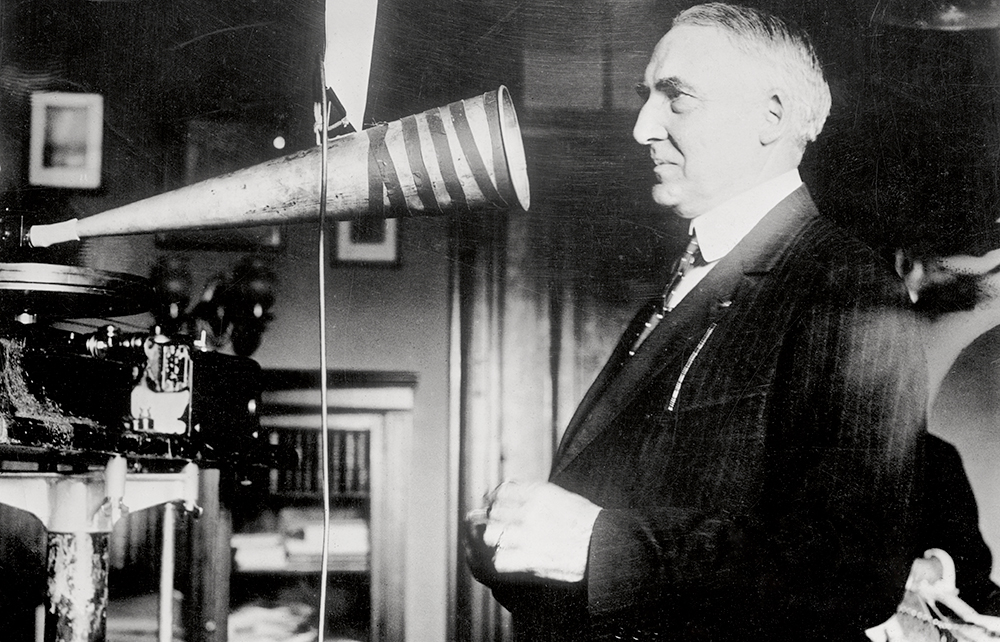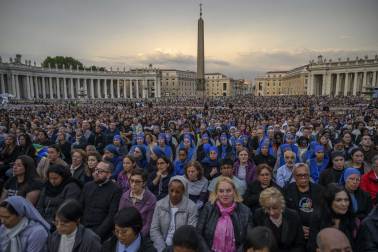My husband devotes his decreasing hours of daytime wakefulness to looking at Twitter, as he still calls it. He shouted out, ‘Look at this’, just as I was putting the potatoes in the oven to roast. It was a post criticising the ENO for saying 2021 was ‘a year spent slowly returning to normalcy’. The author said, ‘Brits don’t use the word normalcy’. Is that true?
In 1899, on leaving Eton at the age of 17, Evelyn Wrench was well on his way to making a fortune from selling picture postcards at tourist spots. Then he overstretched himself and went bust in 1904. Instead he turned his energies to promoting the British Empire. In 1922 he began writing for The Spectator, becoming its editor from 1925. Early in his Spectator career, he commented on the election of November 1922, notable for making Labour the opposition and for Churchill, as a National Liberal, losing his seat to a prohibitionist – prohibition of alcohol, that is.
‘American political writers,’ wrote Wrench, ‘believe that the Conservative regime will signify a period when “back to normalcy” – to borrow Mr Harding’s famous phrase – will be the order of the day.’ President Warren Harding had made the phrase famous in a speech in 1920. You can hear it online in a Library of Congress recording, actually made by Harding a month after the speech. ‘America’s present need,’ he said, ‘is not heroics but healing; not nostrums but normalcy.’ He died the following year, but normalcy lived on. It remains more frequent in contexts of US affairs, but Alex Massie, for example, who cares about style, commenting about British politics this year in the Sunday Times, wrote that ‘Normalcy and quiet service will do.








Comments
Join the debate for just £1 a month
Be part of the conversation with other Spectator readers by getting your first three months for £3.
UNLOCK ACCESS Just £1 a monthAlready a subscriber? Log in